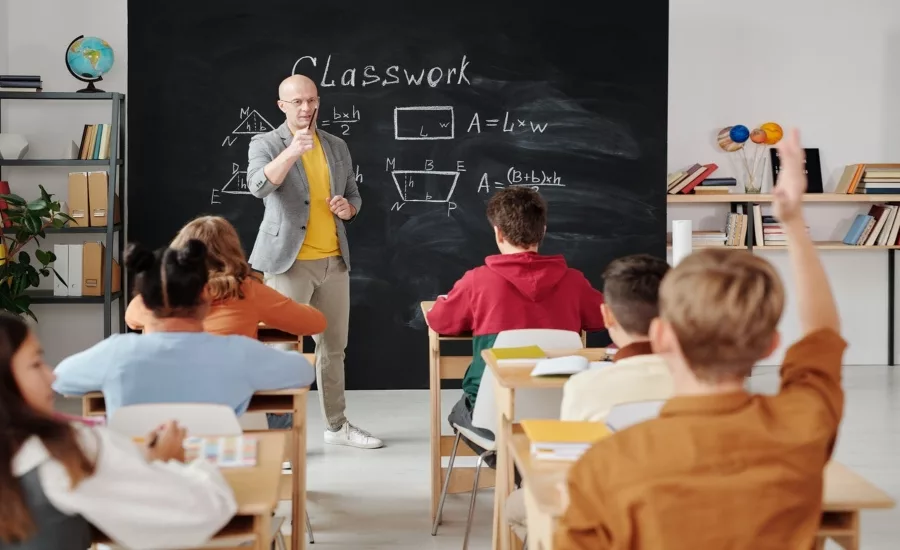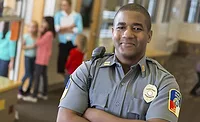Research shows school resource officers don’t help reduce school shootings

New research finds that police deployed in schools, commonly called school resource officers (SROs), do not reduce school shootings but increase suspensions, expulsions and arrests of students.
The paper, published by the Annenberg Institute at Brown University, written by researchers at the University at Albany, SUNY and RAND Corporation, used a fuzzy regression discontinuity (RD) design with national school-level data from 2014 to 2018 to estimate the impacts of SRO placement and constructing this discontinuity based on the application scores of nearby police agencies for federal school-based policing grants. The authors were offered assistance, guidance and data from staff at the U.S. Department of Justice Community Oriented Policing Services (COPS) office.
While SROs do effectively reduce some forms of violence in schools, they do not prevent school shootings or gun-related incidents. Researchers also found that SROs increase the use of suspensions, expulsions, police referrals and arrests of students. These effects are consistently over two times more significant for Black students than White students.
Researchers also observed that SROs increase chronic absenteeism, particularly for students with disabilities.
The study follows the recent debate about the proper role of police in communities, including schools, since the death of George Floyd in 2020. As a result, there has been a reduction in the use of authority in schools.
Researchers note recent analysis conducted by Education Week, where 33 of the United States' 13,000 school districts have eliminated their SROs, affecting about 800,000 students. Major cities — Minneapolis, Denver, Seattle, Charlottesville and Portland, Oregon — eliminated their SRO programs. Other school districts, including Chicago and Los Angeles, have significantly cut their budgets for school policing.
For more findings, please visit https://www.edworkingpapers.com/sites/default/files/ai21-476.pdf.
Looking for a reprint of this article?
From high-res PDFs to custom plaques, order your copy today!






